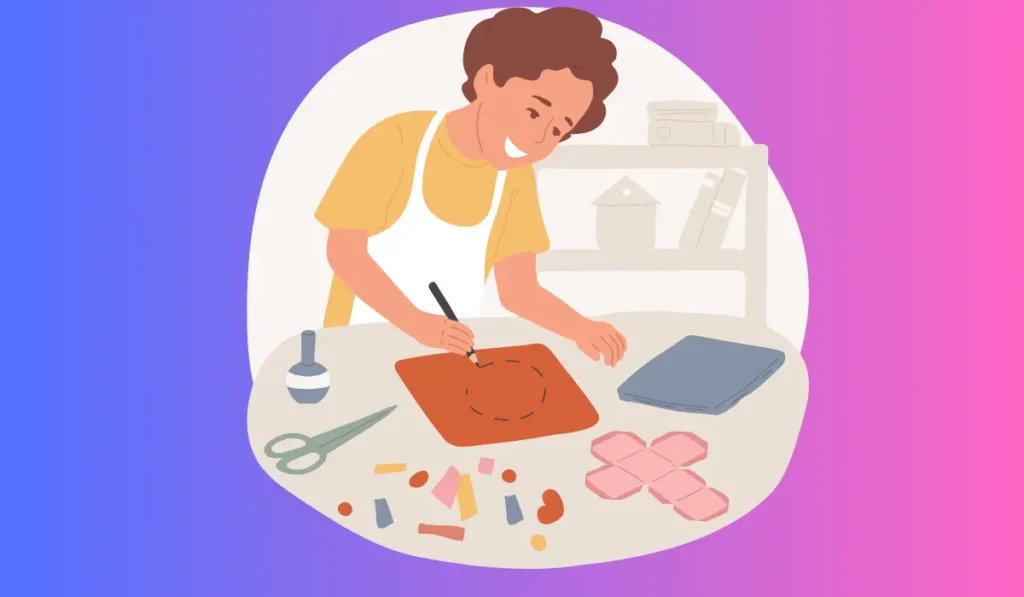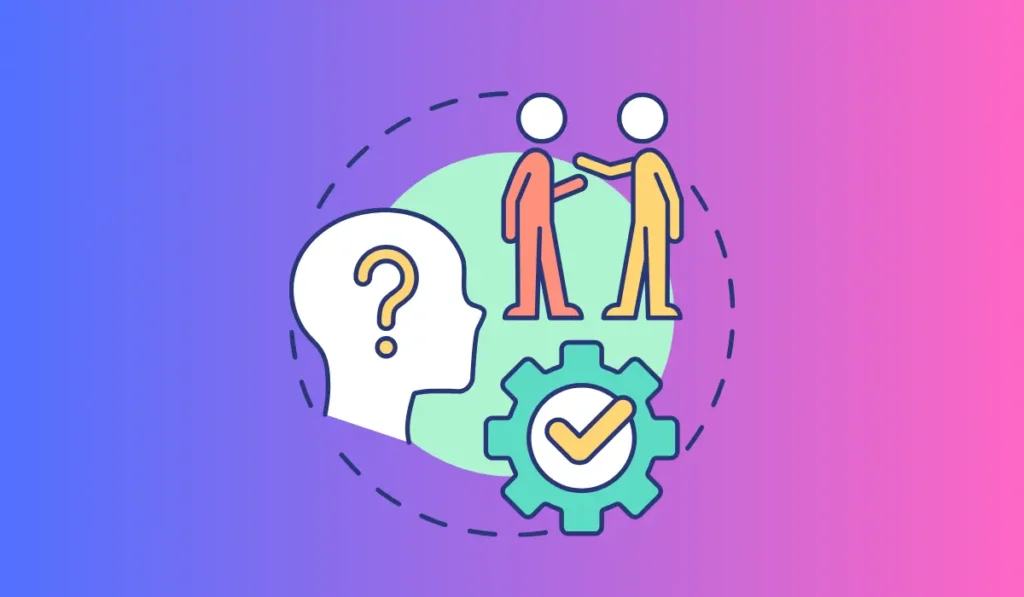The independent study method is a self-directed and customized way of learning. It involves setting goals, choosing materials, and evaluating progress on your own.
This method allows learners to focus on their specific interests and develop their skills at their own pace. Independent study requires discipline, motivation, and organization to be successful.
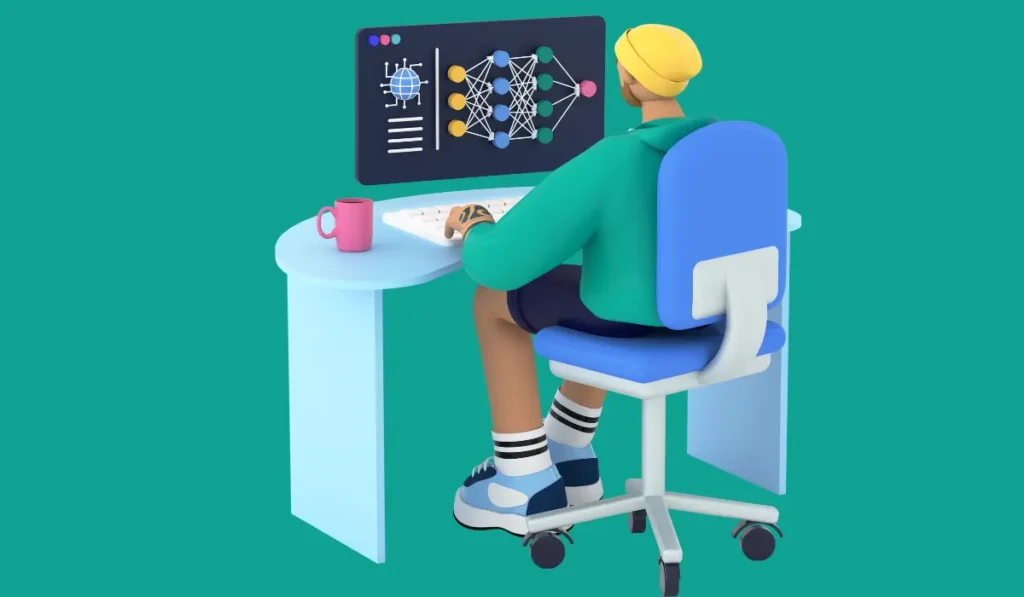
Creating Your Learning Environment
Before you dive into independent study, it’s important to create a conducive and distraction-free learning environment. This will help you focus on your studies and achieve better results. Here’s why it’s important to create a proper learning environment:
- Eliminates distractions: When you have a designated learning space, you’ll be able to eliminate any distractions that might prevent you from concentrating on your studies.
- Enhances focus: When you practice studying in the same place every day, you’ll be able to condition your mind to focus better and faster.
- Promotes discipline: Having a designated spot for learning also promotes discipline and consistency, which is critical for independent study success.
Tips For Creating An Effective Learning Environment
Here are some essential tips for creating an environment that is conducive to effective learning:
- Select a quiet and tidy space with minimal distractions.
- Try to maintain a constant temperature in the room
- Use a comfortable and ergonomic chair and desk that support good posture for comfortable study.
- Ensure the lighting in the room is adequate and complies with your preference, whether it’s natural light or artificial lights.
- Keep all your learning materials organized and within reach
- Get rid of anything that could cause distractions or make you procrastinate.
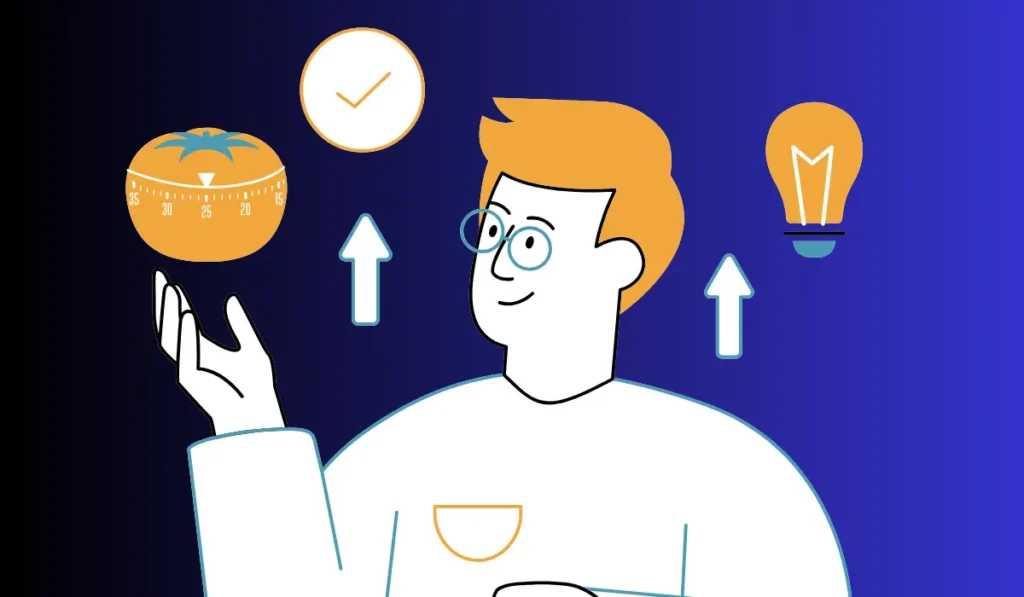
Developing Effective Study Techniques
Developing effective study techniques is essential for success in any academic pursuit. Independent study methods allow you to take charge of your learning and maximize your potential.
Techniques That Are In Line With Independent Study Methods
The following techniques are excellent examples of how independent study methods can support student learning:
- Active reading: This involves engaging with the text you are reading by highlighting key ideas, making notes, and asking questions. It’s an excellent way to improve comprehension and retention.
- Time management: Time management is critical for success in independent study. Use a planner to schedule designated study time, breaks, and leisure activities.
- Note-taking: Effective note-taking supports active listening and engagement in class. Use shorthand and bullet points to capture main ideas, important facts, and concepts.
- Practice problems: Practicing problems is an integral part of mastering complex concepts. It helps build problem-solving skills and supports retention by ensuring that concepts stick in your mind.
- Collaborative learning: Collaborative learning fosters critical thinking and communication skills while offering additional perspectives and support.
How To Identify And Overcome Learning Blocks
Even the most dedicated students can face learning blocks from time to time. Here are some steps you can take to identify and overcome these blocks:
- Identify the block: Pay attention to when you start to feel overwhelmed, bored, or frustrated with your studies. Ask yourself why you feel this way.
- Break large tasks down: Large tasks can be daunting. Break them down into smaller, more manageable tasks that you can tackle one at a time.
- Take breaks: Taking a break can help recharge your batteries and give your brain a chance to rest. Step away from your studies, take a walk, or listen to music.
- Try a new approach: Sometimes, changing your approach to studying can help you overcome a learning block. If one method isn’t working, try another.
Developing effective study techniques is essential for students who want to take ownership of their learning and maximize their potential.
Use these strategies to identify and overcome learning blocks, and incorporate independent study methods into your academic routine to achieve success.
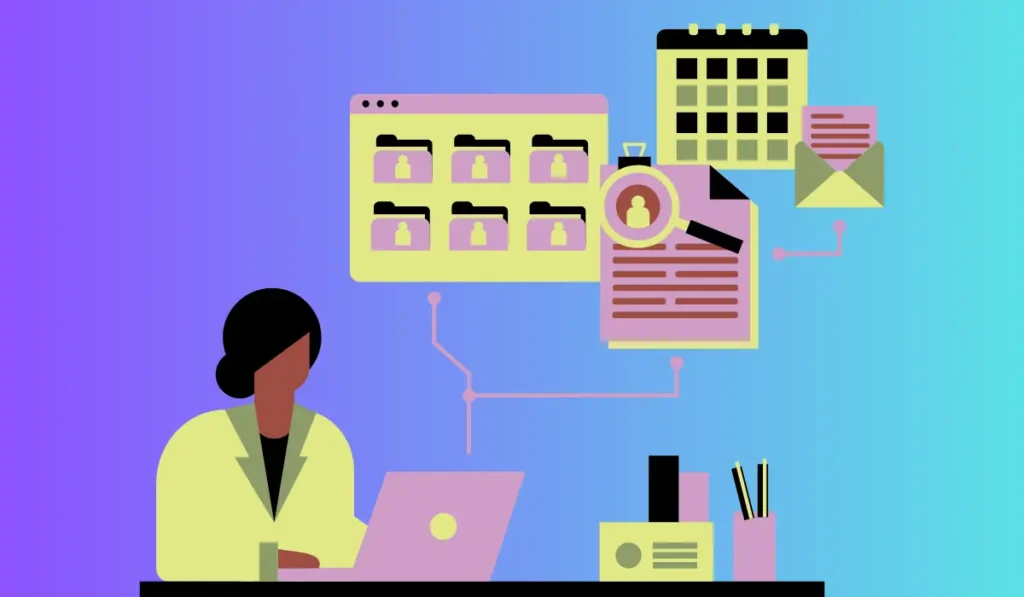
Resources For Independent Learning
Learning autonomously needs ample resources and the latest information available out there. These resources make it possible for an individual to feed their curiosity and further develop themselves in today’s fast-moving world.
The significance of access to quality resources for independent learning cannot be overstated.
Here are the types of resources that can help an individual in self-directed learning.
Types Of Resources For Independent Learning
Here are the types of resources that can aid an individual in autonomous education:
- Books: Traditional, informational-rich books supply knowledge and understanding of a particular subject. Reading on the subject provides an in-depth analysis, and so, to become a self-directed learner, investing time and effort in extensive reading should be your priority.
- Online courses: Online platforms like Udemy, Coursera, and Skillshare supply a wealth of courses on a vast array of subjects. These courses are frequently subscription-based and recognized worldwide.
- Blogs: Blogging provides a fantastic dashboard for individuals to explore and share their views on particular areas of interest. The majority of blogs address various issues and have information-packed articles that an individual can use for self-learning.
- Podcasts: Podcasts are valuable resources for auditory learners, and there is a vast array of them to choose from based on your interests.
How To Become A Self-Directed Learner
Here are some tips on how to become a self-directed learner:
- Set goals: Self-improvement starts with setting objectives. Write down the skills or subject areas you want to learn and create a clear strategy on how to accomplish it.
- Schedule time for learning: Managing your time is critical to becoming a self-directed learner. Allocate specific periods regularly for your learning.
- Practice active reading: Active reading increases comprehension. Developing the skill of engaged reading enhances the acquisition of the subject matter.
- Take notes: Writing guides better memory retention and reinforces what has been learned. Note-taking is a crucial tool for retaining knowledge and enables a glance back when necessary.
- Stay curious: Asking questions and exploring is an excellent way to maintain curiosity and stay motivated. Keep an open mind, and below the surface of the information available out there, there’s always something more to discover.
Practical Applications Of Independent Study Method
We all have 24 hours a day, but it’s not unusual to feel like there isn’t enough time to get everything done. The good news is that independent study methods can make a massive difference in managing time effectively. Here’s how:
- Flexible schedule: Independent study allows students to schedule their own study sessions, which can help them optimize their time. This flexibility also allows them to identify when they are most productive, ultimately boosting productivity.
- Avoiding scheduling conflicts: With independent study, students can avoid scheduling conflicts, and they can work on their studies at a time that suits them.
- No distractions: Independent study enables students to avoid distractions and to focus on their studies. This focus maximizes the time that students spend learning and increases the retention of that information.
Independent Study Increases Knowledge Acquisition
Knowledge acquisition is essential in student learning, and the independent study method can facilitate this by:
- Self-motivated learning: Students can initiate learning in areas that peak their interest, therefore increasing their intrinsic motivation to learn more
- Personalized learning: Independent study enables students to learn at their own pace, and customize their learning experience to fit their unique learning styles.
- Exposure to diverse content: Independent study gives students access to diverse learning resources, and they can explore different perspectives, and viewpoints effectively. By extension, it broadens their understanding and encourages a more in-depth understanding of their topics of interest.
Independent Study Methods Enhance Critical Thinking
Critical thinking skills are crucial in problem-solving, and independent study methods enhance this by:
- Increased responsibility: Independent study requires students to take responsibility for their learning experience instead of relying on teachers. The program allows for personal reflection, which provides insights into how to tackle problems
- Developing analytical skills: Independent study encourages students to research and analyze information for themselves, which helps to develop more in-depth analytical skills
- Encourages creativity: Independent study encourages creativity because students are at liberty to define their ways of solving problems and utilize adaptability and inventiveness for complex ideas.
Overall, the independent study method increases knowledge acquisition, improves time management, and enhances critical thinking, making it a useful approach to learning.
Frequently Asked Questions
What Is the Independent Study Method?
Independent study method allows individuals to learn at their own pace. It involves self-directed learning and is often used in higher education.
How Do I Develop An Independent Study Program?
To create an independent study program, determine your goals and learning objectives, find resources and materials to aid your studies, and set a schedule to help you stay on track.
What Are The Benefits Of Independent Study?
Independent study allows for greater flexibility and customization of learning, as well as the development of self-motivation and discipline.
Can Independent Study Help Me Reach My Career Goals?
Yes, independent study can be a valuable tool in developing the knowledge, skills, and experience needed to achieve career goals. It allows for personalized learning and the acquisition of specific job-related skills.
Conclusion
In essence, the independent study method is an effective way for students to take control of their own learning. Given the convenience of technology and the wealth of resource materials that are available today, it’s no wonder that more and more students are embracing this method with open arms. However, it’s not simply a matter of going online and searching for information. Rather, it requires careful planning, organization, and discipline to ensure success. By following the aforementioned tips, students can develop the skills necessary to conduct independent study.
